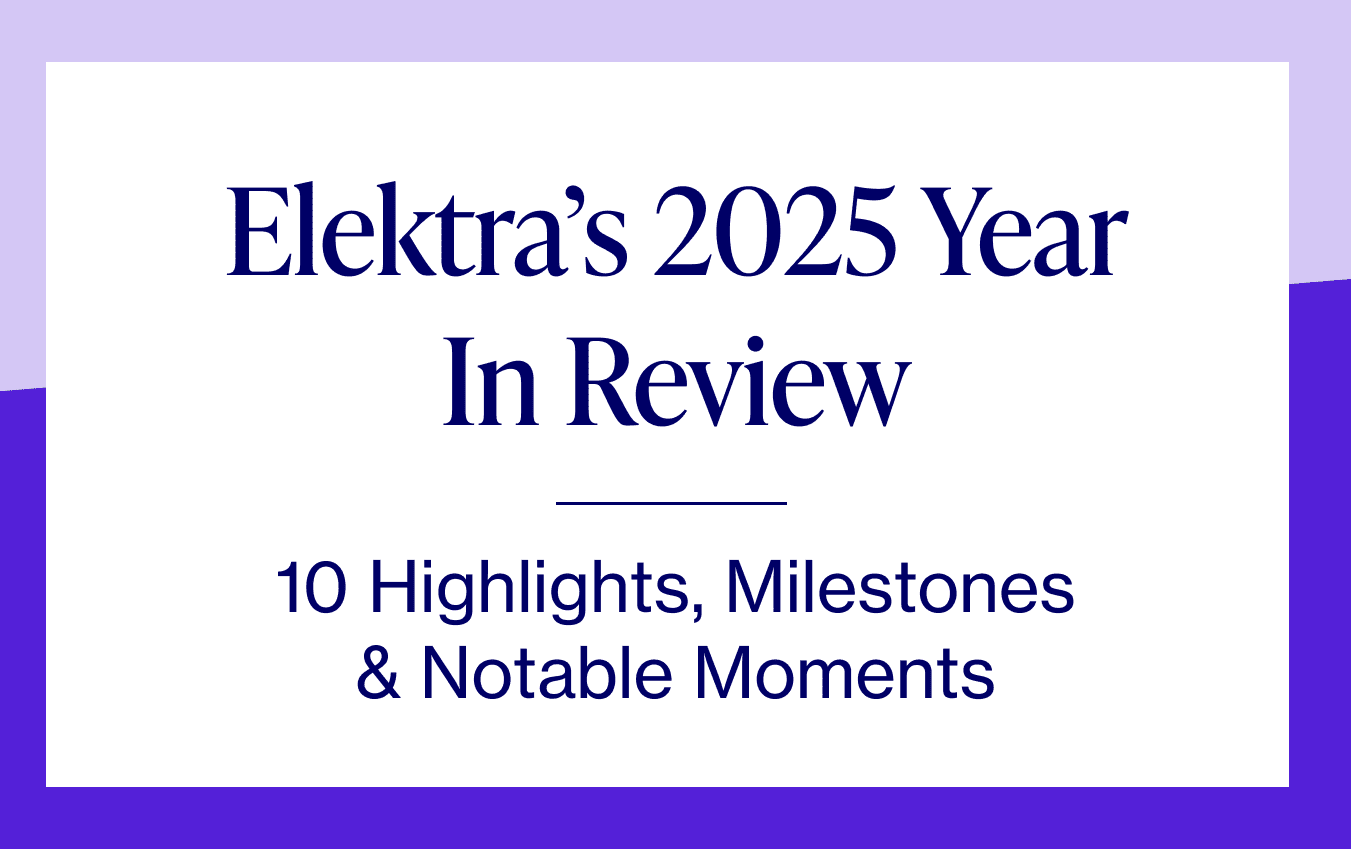
Published on Aug 07, 2023
Last modified on Dec 22, 2025
Menopause & Heart Palpitations: Should I Be Concerned?
4 min read
You know that feeling when your heart is racing — like you just finished a marathon or got off a roller coaster…except you didn’t? Yeah, us too. It’s not great, and while you may know there’s a link between menopause and heart palpitations, in the moment, it’s natural to wonder…is it something else? Should I be concerned?
Why does perimenopause/menopause cause heart palpitations?
The causes of heart palpitations are closely linked to the hormonal fluctuations associated with hot flashes during the menopause transition.
When estrogen levels plummet, the hypothalamus (which acts as our body’s thermostat) becomes far more sensitive to slight changes in body temperature. Thinking it’s overheated, the hypothalamus begins working to cool the body by shunting blood away from the core to your skin, which kick-starts a chain of events that causes hot flushes, sweating, and an internal sensation of heat despite the fact that our body temperature isn’t actually rising — causing the all-too-familiar hot flash/night sweat. Blood vessels at our skin’s surface dilate, which can cause our blood pressure to drop, and our body is left with no other choice but to increase our heart rate in order to maintain a sufficient output. And that increased heart rate is what feels like…you guessed it…a palpitation.
Outside of hot flashes, decreased ovarian estrogen production is also independently associated with an increased heart rate (sinus tachycardia) and increased frequency of non-threatening irregular heartbeats (aka arrhythmia).
Other causes of (non-threatening) heart palpitations
Although the case for estrogen-related hormonal changes is a strong one, it’s definitely not the only trigger. Other risk factors that can cause or exacerbate the feeling of your heart racing include:
- Stress
- Intense exercise
- Stimulants such as caffeine
- Nicotine
- Anxiety
- Alcohol
- Fever
- Severe anemia (likely due to heavy bleeding that causes iron deficiency)
- Low blood sugar or low blood pressure
- Certain heart conditions or heart rhythm abnormalities
- Hyperthyroidism (overactive thyroid)
- Certain medications (Albuterol, asthma inhalers, certain cough/cold meds, thyroid meds, etc.)
How to differentiate between a “normal” palpitation and a time-to-see-your-doctor palpitation
Heart attacks often present differently in women than men, meaning many times, women don’t feel the classic pain in the chest and left arm. Instead, the common symptoms women experience may include shortness of breath, nausea/vomiting, and back or jaw pain.
If you experience any of these symptoms, it’s best to call 911 and see a healthcare provider right away:
- Chest pain — or feelings of pressure, fullness, or squeezing — that lasts more than a few minutes, or goes away and comes back
- Pain/discomfort in one or both arms, the back, neck, jaw or stomach
- Shortness of breath with or without chest discomfort
- Breaking out in a cold sweat, nausea/vomiting or lightheadedness
- Lasts longer than your hot flash
- Causes you to faint
For more information on women’s heart health, visit the American Heart Association. The British Heart Foundation also has some great resources.
How to keep your heart healthy through menopause & beyond
Heart disease (aka cardiovascular disease) is the leading cause of death for women, and menopause may be one of the contributing factors (since estrogen helps keep blood vessels flexible). The good news? 80% of heart attacks and strokes related to heart disease are preventable.
Refer to our full guide to menopausal heart palpitations for more on:
- Lifestyle changes
- Nutrition and supplement recommendations
- Relaxation techniques
- Medication treatment options — including whether hormone replacement therapy (HRT) can help
READ MORE:
- A Guide To Heart Health Screenings During Menopause
- 7 Heart-Healthy Recipes the Elektra Team is Loving


